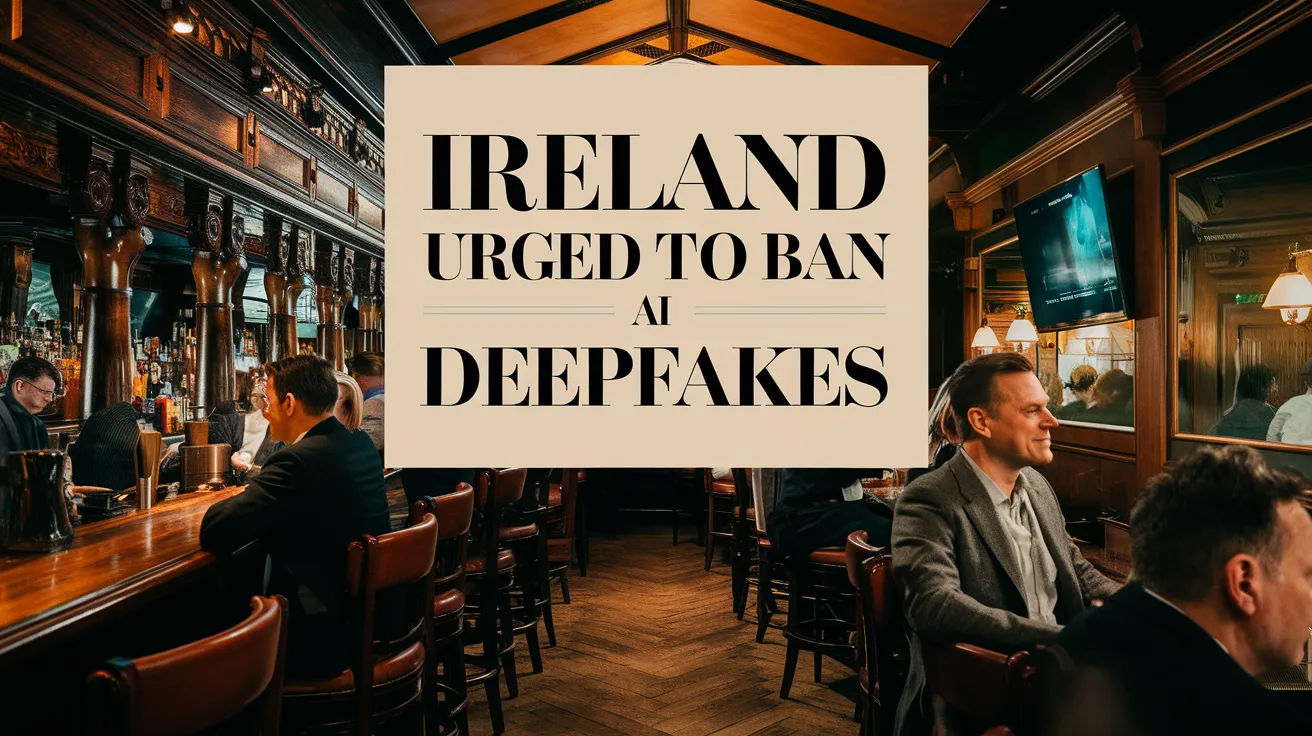Ireland Urged to Ban AI Deepfakes

The Irish AI Advisory Council has strongly recommended that the government considers enacting specific legislation to prohibit the creation of digital ‘deepfakes’ without the consent of the individuals involved. Deepfakes are manipulated videos that fuse artificial intelligence-generated fake images with authentic footage to create misleading representations of events that never actually occurred.
This recommendation is part of the latest report from the AI Advisory Council, an independent entity formed to provide expert guidance on all facets of AI to the government. The council comprises distinguished professionals from the fields of academia, industry, and civil society.
The report highlights the dual-edged nature of biometrics and facial recognition technologies, which offer both significant opportunities and considerable challenges. Particularly concerning is the application of these technologies in law enforcement due to their potential impact on fundamental rights.
To responsibly implement such technologies, the council advocates for comprehensive legislation that establishes strong procurement, operational, and accountability frameworks. They emphasize that addressing the interconnected issues of accuracy, discrimination, data privacy, and security is crucial for the ethical deployment of AI.
Broader Recommendations from the Advisory Council
In addition to the focus on deepfakes, the council’s report addresses the need for copyright protection in the creative sector amidst AI disruption. They have suggested the establishment of an Irish AI Office to centralize authority and coordination across governmental departments regarding AI matters.
The council also urges the government to invest in a publicly available ‘AI Observatory’ that would provide real-time data and insights on various AI metrics including labor market trends, public attitudes, and skills development. This initiative aims to enhance understanding of AI’s impact on society and the economy.
In the realm of education, the report calls for the creation and publication of coordinated guidelines governing the use of generative AI in educational settings. It stresses that these guidelines should be adaptable, evolving as the technology itself progresses.
Dr. Patricia Scanlon, Chair of the AI Advisory Council, described the report as laying out actionable strategies to ensure Ireland’s competitive position in the global AI landscape while promoting an inclusive, ethical, and sustainable future. She expressed eagerness to work with the government in exploring these opportunities and establishing a forward-thinking dialogue that aligns Ireland’s AI progress with best ethical practices, ultimately benefitting both the economy and society.
The council formally presented its recommendations to the Minister for Enterprise, Tourism and Employment, Peter Burke, and the newly appointed Minister of State for AI and Digital Transformation, Niamh Smyth, as well as to the Taoiseach.
Minister Burke acknowledged the importance of the issues raised, asserting that the government will consider the council’s expert advice in crafting its AI policies.